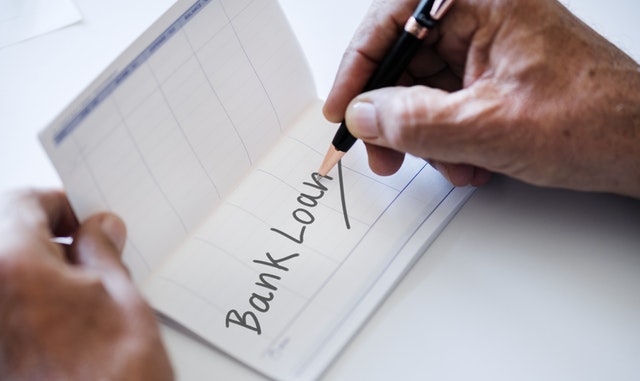
1.25% Neg Am Loans: How Deferred Interest Mortgages is Good Home Financing
March 2, 2019
Major benefits filing your taxes with Duvet Financial Services
March 14, 2019A 2nd mortgage loan after a bankruptcy is the easiest way to access cash. With online sub prime lenders, you can qualify for a mortgage as soon as your bankruptcy closes. But for near conventional rates, it is better to wait two years and build a solid credit history.
Bankruptcy And Sub Prime Lenders
Millions of people file for bankruptcy every year for many understandable reasons, such as job loss or illness. Sub prime lenders understand this and are willing to lend to such people
Specializing in high risk loans with unconventional terms, sub prime lenders can work out financing for virtually anyone. Legitimate lenders will offer rates that are competitive with reasonable closing costs.
Bankruptcy Affect On Your 2nd Mortgage Rates
The first two years after a bankruptcy are the most difficult for your credit score. Right after your bankruptcy, you will qualify for “E” class loans, the highest rate mortgages.
After a year and a good credit history, you can qualify for better rates with a “C” class loan. Rates are typically about 3% to 5% higher than conventional rates. And in two years, you can possibly have an excellent credit score and get prime mortgage rates.
Other factors also affect your mortgage rates. Keeping a large percent of your equity in tact along with cash assets could possibly bump up your credit score.
Comparison Shopping For Better Rates
No matter when you decide to secure a 2nd mortgage, you need to shop loan rates before settling on a lender. Each financing company has its own formula for determining rates and closing costs. A careful search of loan estimates will ensure you get the cheapest rates and fees.
If you don’t have a specific lender in mind, start with a mortgage broker site. They partner with several different companies to come up with special offers. From there you can expand your search to individual lender sites.
When you are looking at rates, be sure they include closing costs as well. With some lenders, low rates are available only if you pay thousands up front. You may also want to consider a home equity line of credit if you want to keep loan processing fees to a minimum.
![LOGO[2033]](https://duvetfinancialservices.com/wp-content/uploads/2018/11/LOGO2033.png)

